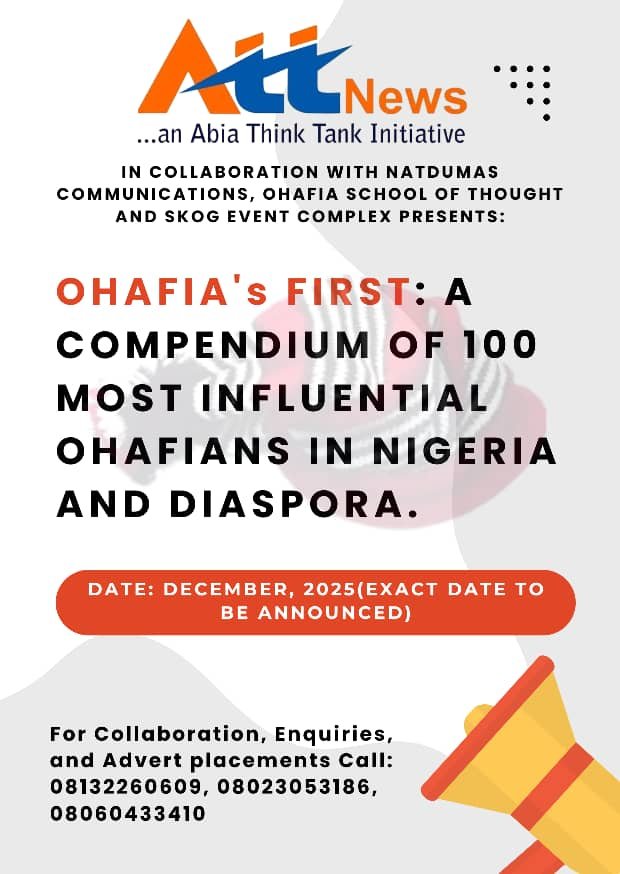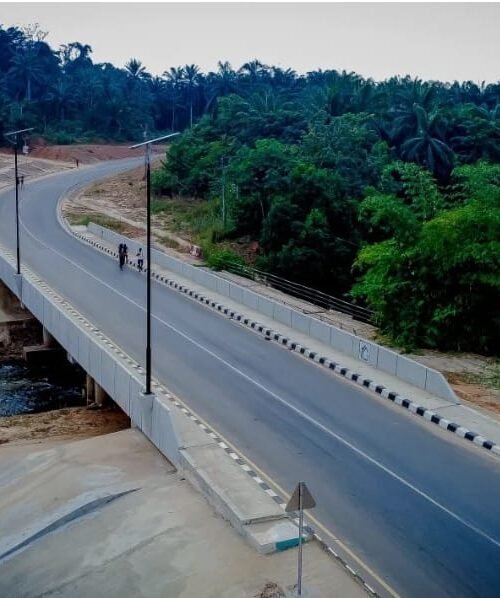Benue-Plateau Trough: When Will This Madness Stop?
I. The Unending Carnage: Quantifying the Tragedy
The violence across Nigeria’s Middle Belt, particularly in Benue and Plateau states, has escalated into a humanitarian catastrophe. Recent massacres in April–June 2025 alone claimed over 270 lives in Benue’s Gwer West, Logo, and Ukum areas, including 42 in Tyolaha and Tse-Ubiam villages and 44 in coordinated raids on Ahume and Aondona. Victims included a pregnant woman “macheted” and a two-year-old boy “mutilated,” while a Catholic priest was critically wounded . Historical scale reveals a grimmer picture: at least 6,896 deaths in Benue since May 2023 and over 60,000 fatalities across the Middle Belt since 2001. This has displaced 450,000 people in Benue and 65,000 in Plateau, creating a “silent emergency” of shattered communities and abandoned farmlands . Patterns of brutality show attacks strategically timed during planting or harvest seasons, destroying grain reserves and water sources to force permanent displacement, crippling Nigeria’s agricultural backbone .
II. Roots of the Crisis: Political Economy of Bloodshed
The conflict’s origins lie in a toxic convergence of environmental, economic, and governance failures. Climate-induced scarcity has driven Fulani herders southward as desertification shrinks Sahelian grazing land by 20% annually. Traditional grazing reserves (417 established in 1965) collapsed after oil replaced agriculture as Nigeria’s economic priority, intensifying competition for Benue’s fertile riverine farmlands . Elite exploitation fuels violence: politicians and business interests sponsor herders as mercenaries to seize territories for minerals (e.g., Bokkos) and commercial agribusiness. Benue’s officials explicitly label this “ethnic cleansing for land grabbing” . Institutional collapse enables impunity: despite Benue’s 2017 anti-grazing law, enforcement is sabotaged; security forces often arrive post-massacre to “issue statements” but take no preventive action. Over 40 peace initiatives in Plateau failed due to exclusionary frameworks and zero prosecutions .


III. Moral Reckoning: Calls to Perpetrators and Sponsors
To foot soldiers: Reject being pawns in elite wars. Embrace dialogue models like Nasarawa’s farmer-herder forums, which restored shared water access, and transition to federally supported ranching—a sustainable alternative to open grazing . To sponsors: “No one in a glass house throws stones.” Wealthy Fulani elites and politicians orchestrating violence face divine justice; Agatu elders warn ancestral bonds severed by bloodshed curse future generations. Earthly accountability looms: the International Criminal Court (ICC) investigates resource-driven violence, and forensic audits can trace militia payments. Blowback is inevitable; Sankera warlords have turned against patrons, and displaced communities form retaliatory militias .
IV. Biafra’s Ghost: Unlearned Lessons
The 1967–70 civil war, which killed 1–3 million people, offers stark warnings Nigeria ignores. Intolerance demonized Igbos then and Fulani herders now, using identical propaganda to justify violence . Resource injustice in Benue mirrors Niger Delta oil exploitation that fueled secessionism. Benue’s yam belt feeds Nigeria—starving it through attacks risks nationwide famine and revolt . Dialogue deficits persist: politicians “play politics with lives,” ignoring Biafra’s lesson that negotiation prevents catastrophe. War-exposed mothers pass trauma intergenerationally, stunting children’s growth and education—a cycle repeating in Benue’s IDP camps .
V. Breaking the Cycle: Pathways to Peace
Immediate security reforms must include enforcing grazing laws with community oversight units and prosecuting sponsors using military intelligence. Plateau’s vow to try killers offers a template . Structural shifts require land justice through transparent titling (e.g., blockchain-backed registries) and economic diversification into ranching cooperatives and agro-processing hubs to employ youth . Truth and reparations are essential: compensate victims via levies on sponsors (modeled on UK funds) and document atrocities in school curricula to deter future violence .
We weep for mothers in IDP camps burying children burned alive. We weep for farmers watching potatoes rot while bandits tax their hunger. But tears alone won’t stop this madness—only justice, courage, and an unbreakable demand for our shared humanity will.
When will it stop? When sponsors face trial, climate policies replace bullets, and Nigerians unite across ethnic lines to declare: Never Again.
Dr Chukwuemeka Ifegwu Eke writes from the University of Abuja Nigeria







